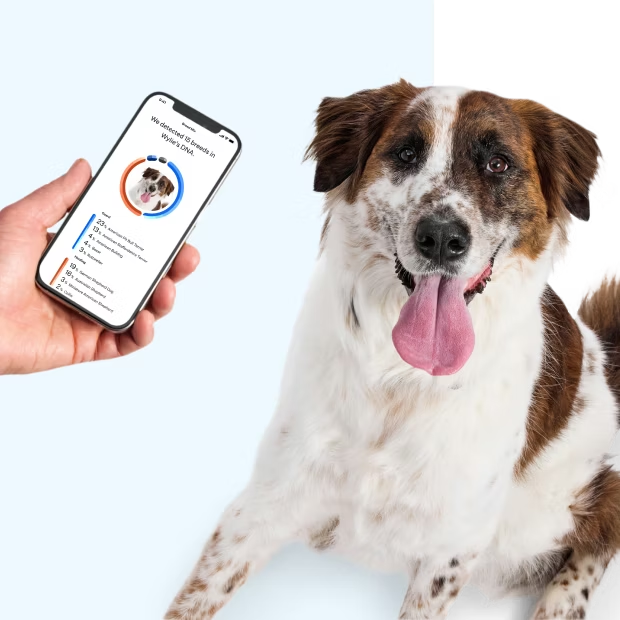What exactly are Crossbreeds and designer dogs?
Designer dogs, or cross breeds, result from intentionally breeding different dogs to create a specific mix. This is different from mixed-breed dogs born from accidental or casual breeding that results in unexpected (though often delightful) results. Most commonly, designer dogs are mixes of two purebred breeds, but three breeds can enter into the mix if a purebred is mixed with a designer dog.

Popular designer pups
Designer dogs come in all shapes and sizes. Here are the most popular breed combos based on the Wisdom Panel database.
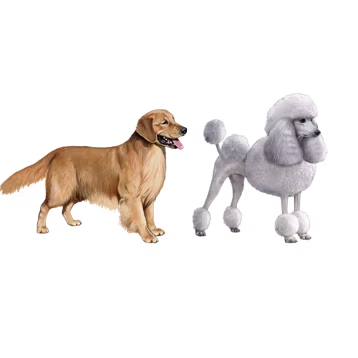
Cavapoo
(Cavalier King Charles Spaniel and Poodle)
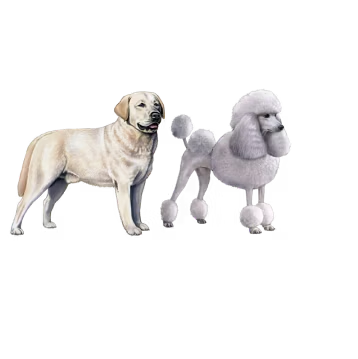
Labradoodle
(Labrador Retriever and Poodle)
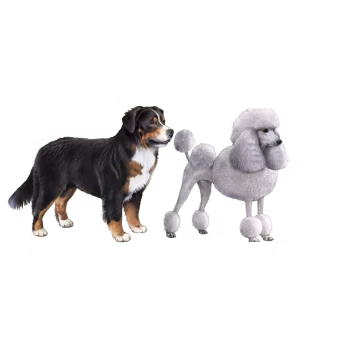
Bernedoodle
(Bernese Mountain Dog and Poodle)
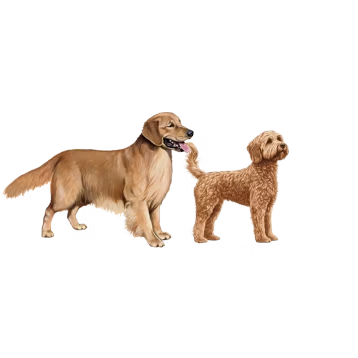
Golden Labradoodle
(Golden Retriever and Labrador)
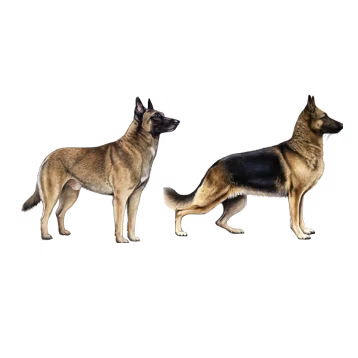
German Malinois
(German Shepherd and Belgian Malinois)
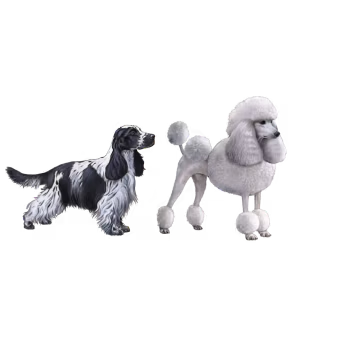
Cockapoo
(Cocker Spaniel and Poodle)
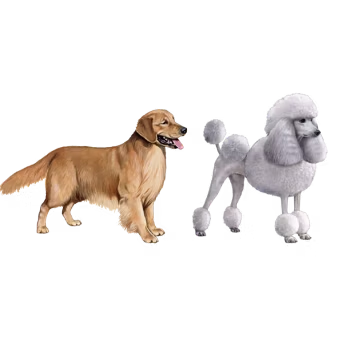
Golden Doodle
(Golden Retriever and Poodle)
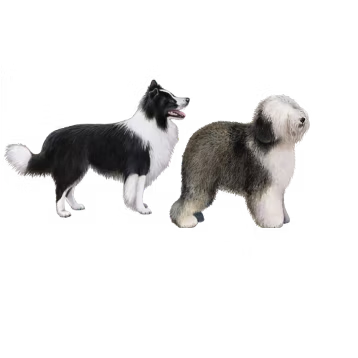
Border Sheep Dog
(Border Collie and Sheep Dog)
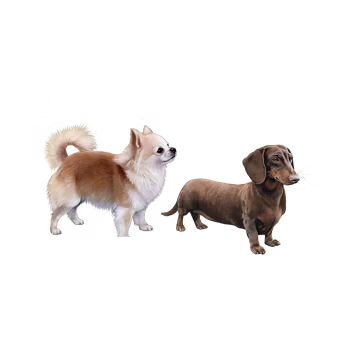
Chiweenie
(Chihuahua and Dachshund)
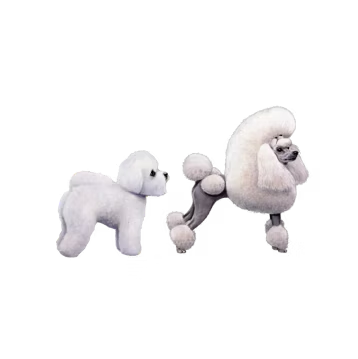
Poochon
(Poodle and Bichon Frise)
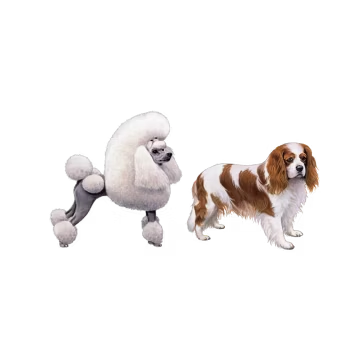
Cavapoo
(Cavalier King Charles Spaniel and Poodle)
Why a designer dog may (or may not) be right for you
Like purebred dogs, designer dogs are the result of selective breeding to bring out desired traits. For designer dog breeders, low-shedding coats and adorable appearances are usually high on the priority list—and they are the characteristics many pet parents want, too. However, though designer dogs have a lot of appeal, there are some watch-outs as well. There can be a lot of variability in the personality and appearance of designer dogs. For example, if you want a dog that’s mixed with a Poodle so they are a low shedder, your specific dog may not end up with the genes that contribute to that trait. There can also be substantial size differences depending on if the breeder used a Standard Poodle or Toy Poodle in the crossbreed. Lastly, cross breeding dogs to make a designer mix does not necessarily guarantee the dog will avoid the genetic health risks that impact purebred pups.
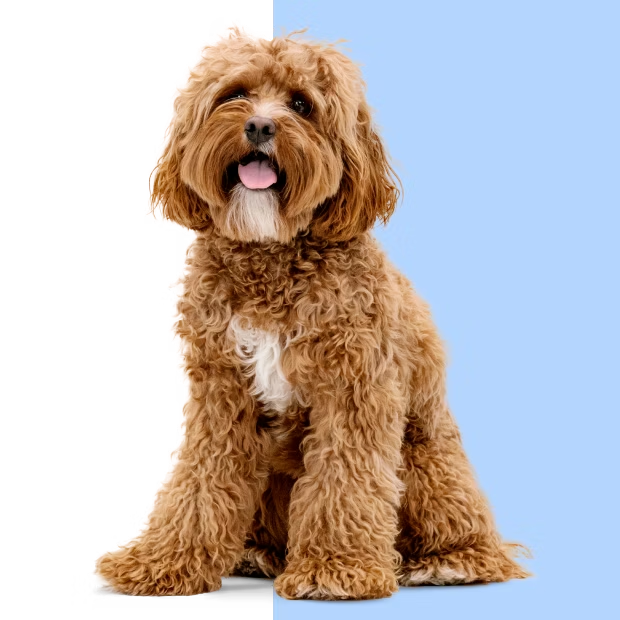
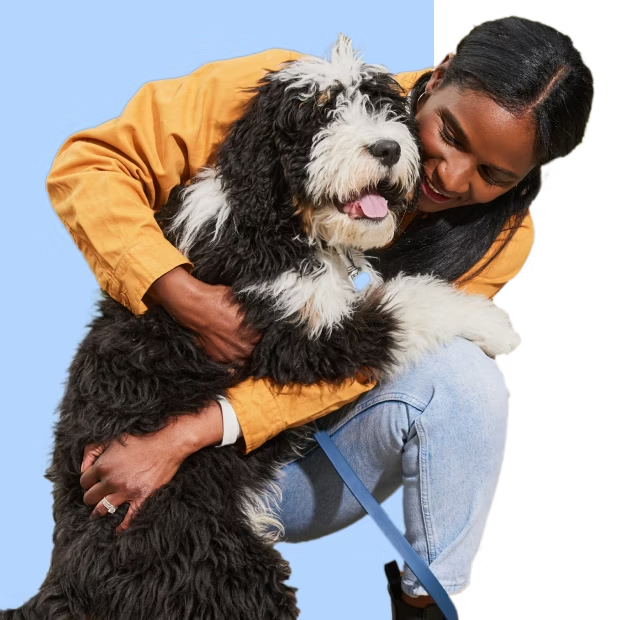
How to choose a breeder
When deciding on a breeder, it’s important to do your research. You want to look for one who has a good reputation for achieving the characteristics you desire. You can also ask if they use genetic testing to confirm traits that are important to you, such as coat type, furnishings, and shedding. It’s also helpful to have a chance to meet the parents of the puppy you’re considering adding to your family so you can see their personality and appearance up close and personal.
Benefits of DNA testing
The more you know about your dog, the better you can tailor their life-long care. With Wisdom Panel, you can identify traits, genetic health risks, decode your dog’s quirks with behaviour insights, trace their ancestry back three generations, and even find their relatives.
